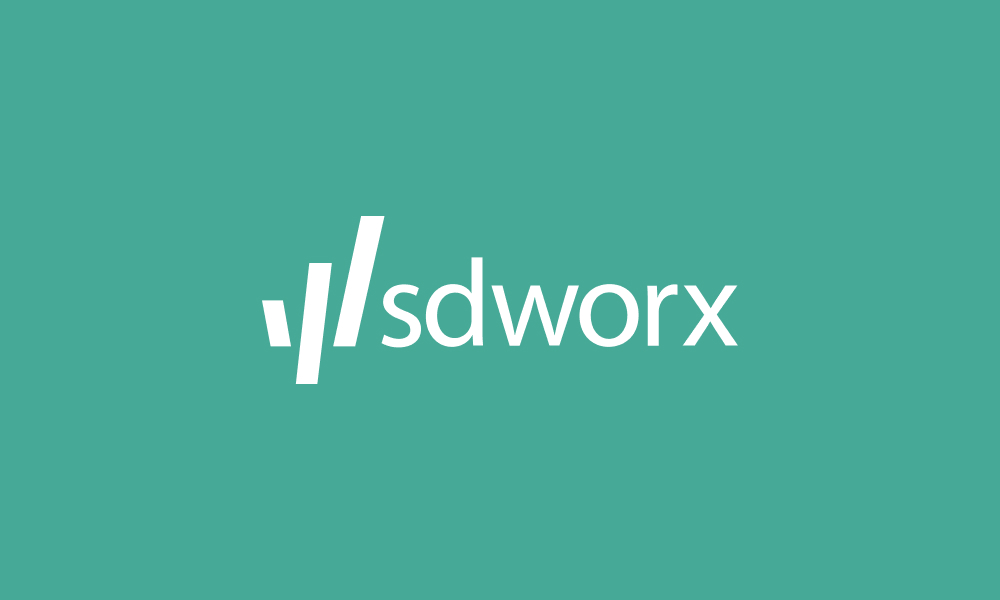TestGorilla blog
Hire smarter not harder. We bring you the best advice and guides on talent assessments, skills-based hiring technology, and remote work.
Upskilling: Leverage this retention strategy and develop your team
Upskilling employees is crucial for modern companies. One study found that 64% of L&D professionals agree that learning and development have shifted from “nice-to-have” to “need-to-have.”[1] Providing development opportunities to your people improves job satisfaction and increases retention – employees want career growth, and if they don’t get it, they’ll find someplace new. Two of the main factors that keep people in their roles are learning new skills and professional growth.[2] Upskilling als
32 remote work best practices for a productive and thriving workforce
If hiring remote employees and working with a remote team is new to you, you must quickly adapt to the challenge to ensure business continuity and employee satisfaction. In this article, we will briefly discuss the challenges of remote work but go into detail regarding best practices for remote work that HR teams and employers can use to support their organizations. After reading this guide, you will feel more confident managing remote work and ensuring every employee has what they need to succ
Get better hires with these 10 problem-solving interview questions
Whether you’re hiring new employees for a small business or a large organization, problem-solving skills in the workplace are a must these days. When it comes to finding the best candidates and hiring the right people, asking the right problem-solving interview questions can be a game-changer. You want to ensure you're hiring someone who can handle anything that comes their way and come up with creative solutions. So, let's dive in and explore some of the best ways to identify those top-tier p
Why are problem solving skills in the workplace so important? Subskills, benefits, scenarios
The importance of problem-solving skills in the workplace can’t be overstated. Every business and job role has its problems. From entry-level hires to senior staffers, every one of your employees will face challenges that don’t can’t be answered by doing a quick Google search – or asking ChatGPT to come up with solutions. That’s why employers must hire people with excellent problem-solving skills, especially for roles that require dealing with complex business challenges, tight deadlines, and ch
7 immigration law updates your company can't afford to miss
Hiring immigrants and foreign workers is a great way to tap into broader, more diverse talent pools. However, if you employ overseas workers, staying on top of immigration law updates is essential. Failing to comply with US immigration laws can land you in hot water, leading to hefty fines or even criminal prosecution. Immigration laws and policies constantly change, and keeping track of your evolving obligations can feel overwhelming. You may even be reluctant to hire immigrants or foreign wor
SD Worx reduces time-to-hire and improves candidate experience by using TestGorilla
See how end-to-end HR services provider SD Worx reduced their time-to-hire and improved candidate experience by switching to TestGorilla's talent assessment platform.
Employee experience: Leverage this retention strategy and support your workers
Employee experience is the interactions, practices, and workspace that workers encounter at their jobs throughout the employee journey – from attraction to departure. This experience is crucial to workers. They want their jobs to be inclusive environments with learning opportunities and fair compensation. This creates a healthy environment where people want to come to work. A great employee experience boosts key metrics like employee motivation, performance, and profitability. This experience is
Stay interviews: Leverage this retention strategy and reduce turnover
Like many other HR professionals, you may use exit interviews to figure out why some employees leave your company. However, exit interviews may not give you enough information to help formulate a talent retention strategy because exiting employees have no stake in your business. Turnover is an ongoing trend that probably isn’t slowing down anytime soon — more than 50 million workers left their jobs in 2022, leading to economists dubbing it “The Great Resignation.”[1] One method for retaining v
Setting boundaries at work: Build a healthier company culture
Picture this scenario. You get home after working late. It’s dark outside. You skipped your workout because you’re tired from the day, and when you pick up your phone, you see a text from your boss that starts with “URGENT.” You open your laptop and wonder how long you can last at this job. Nobody wants to be that employee or that boss. But without boundaries at work, this situation can happen repeatedly. As an individual, it means honing your time management skills and learning to say “no.”
Generational diversity: Leverage this retention strategy and build an inclusive workforce
Business metrics often overlook age-related diversity. Generational diversity, which refers to workers of all ages being involved in today’s workforce, combats age discrimination and is good for your organization. One study found that 86% of workers prefer working on a multigenerational team, and 86% also said multigenerational teams enable them to develop innovative ideas and products.[1] Having multiple generations in your workforce makes your company more diverse, inclusive, and attractive, m
Top 8 sourcing tools any recruiter should know about
It’s no secret that recruitment is as difficult as it is important. With various studies highlighting the real cost of a bad hire, it’s critical that you get it right, not just for your performance as a recruiter but for the success of your entire company. Metaphorically speaking, you need to dig your well before you're thirsty, or build a pool of talented candidates before you need them. How do you do that, though? With the best sourcing tools for recruiting that you can find on the market. T
What is involuntary turnover and how to prevent it
Managing a spike in involuntary turnover is not easy. Whether it’s a round of layoffs or a spate of performance-related involuntary separations, this type of turnover causes stress for your employees and costs you time and money in hiring and productivity loss. Strong leadership and people management skills are necessary to right the ship, but you also need to understand the causes of involuntary turnover to act accordingly. In this blog, we cover how to calculate involuntary turnover, the reas
Hire the best candidates with TestGorilla!
Create talent assessments in minutes to screen candidates, save time, and hire the best talent.















